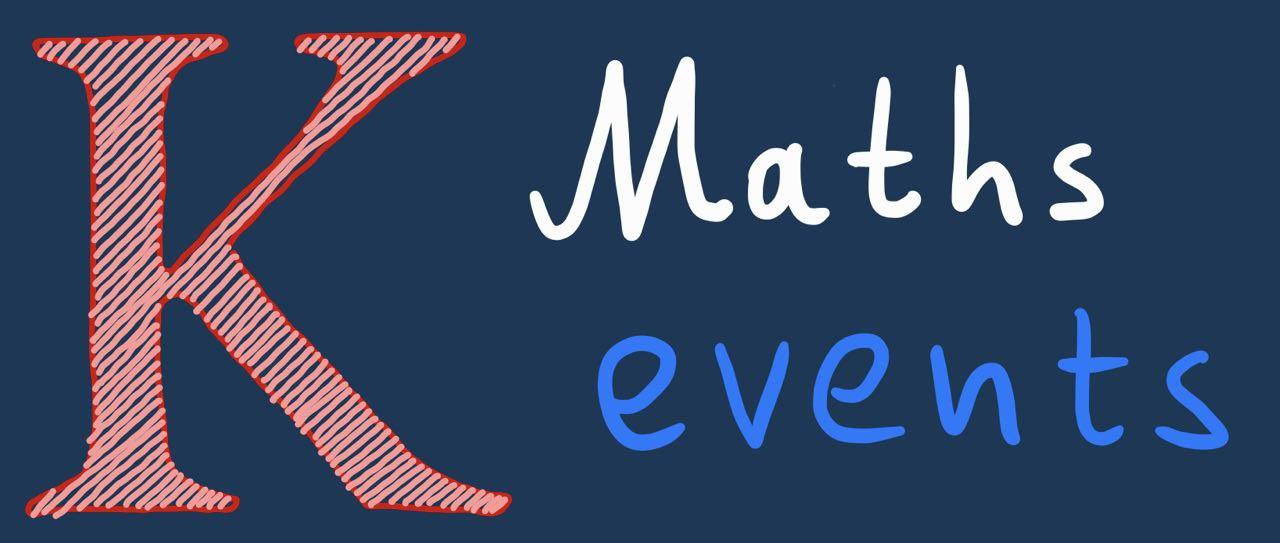Found 1 result(s)01.01.1970 (Thursday)
ST Epidemics, ethics and uncertainty: the roles of statistics versus mathematics
colloquium Jane Hutton (Warwick)
| at: 15:30 - 16:30 KCL, Strand room: S-1.06 abstract: | A few mathematicians had considerable influence during the covid-19 epidemic. Some mathematicians have focussed on designing and implementing mathematical models which only consider a single illness. Applied statisticians know that it is critical to first decide what the question is: "Minimise deaths from Covid-19?" or "Minimise deaths due to Covid-19 and our decisions this year?" or "Minimise the impact of Covid-19 on well-being over ten years?" The ethical status of an expert who gives a simple answer to the first question, without uncertainty or alternatives, will be examined.
|
